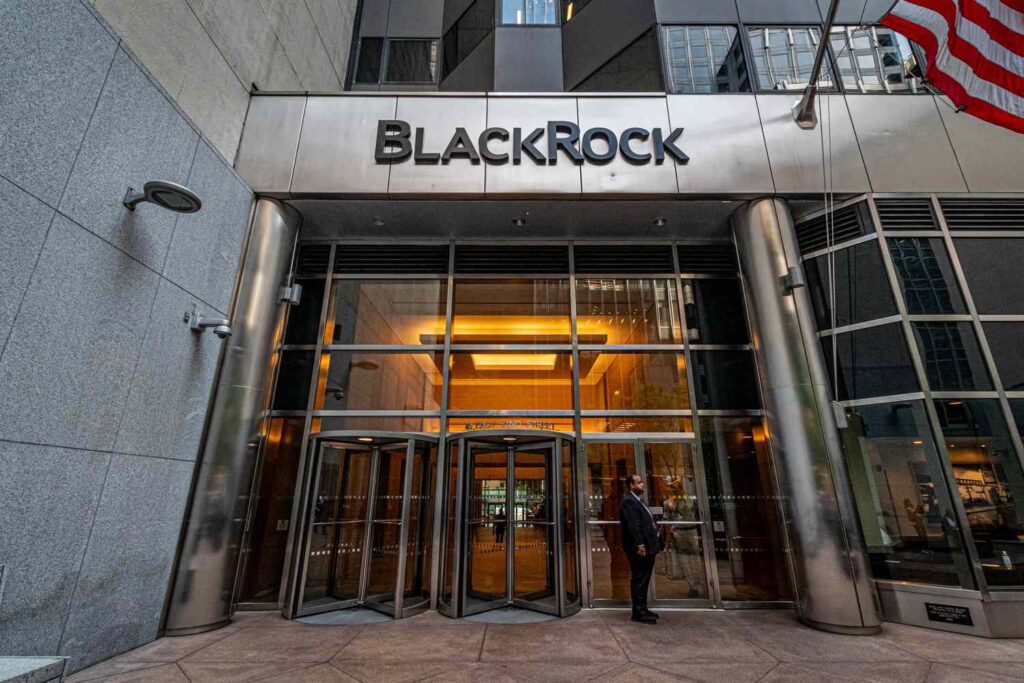BlackRock, a global investment giant, has raised questions about the U.S. Securities and Exchange Commission’s (SEC) differentiation between cryptocurrency spot and futures exchanges-traded funds (ETFs). The firm argues that the SEC lacks valid reasons for treating these two types of ETFs differently, challenging the regulatory framework that governs them.
BlackRock’s Stand on Spot-Crypto ETFs

BlackRock’s plan to launch a spot-Ether (ETH) ETF, named the “iShares Ethereum Trust,” recently gained official confirmation. The firm, through Nasdaq, submitted the 19b-4 application form to the SEC, initiating a critical discussion. BlackRock contends that the SEC’s consistent denial of spot-crypto ETF applications is based on flawed regulatory distinctions between futures and spot ETFs. Despite the approval of crypto futures ETFs, the SEC has yet to greenlight a single spot-crypto ETF application.
Read more: Invesco Galaxy Bitcoin ETF: DTCC Listing Signals Progress
The Regulatory Debate
The SEC’s preference for the 1940 Act, overseeing futures ETFs, has been a point of contention. BlackRock challenges this preference, arguing that it lacks relevance to both spot-crypto and crypto-futures ETFs. The agency has justified its stance by claiming that crypto futures ETFs offer superior regulation and consumer protections under the 1940 Act, compared to the 1933 Act that covers spot-crypto ETFs. BlackRock disputes this, stating that the restrictions imposed by the 1940 Act do not address the underlying assets of the ETFs, whether futures or spot.
Read more: Bitcoin Spot ETF Approval Predicted by Billionaire Novogratz by Year-End
Conclusion
BlackRock’s challenge to the SEC’s regulatory approach marks a significant development in the ongoing discussion around crypto ETFs. The firm questions the legitimacy of the distinctions drawn by the SEC and highlights the lack of justifiable reasons for differentiating between spot and futures ETFs. As the SEC continues to navigate this evolving landscape, the crypto community eagerly awaits a potential approval for a spot crypto ETF, with analysts predicting a high likelihood of such approval in the near future.


![Pionex Review ([currentyear]): Trading Bots, Fees, and Pros & Cons 5 Pionex Review Featured Image](https://coinwire.com/wp-content/uploads/2023/08/pionex-review-featured-image-1024x683.jpg)
![Best Crypto Exchanges in UAE and Dubai to Buy Bitcoin ([currentyear]) 6 Best Crypto Exchanges In Uae And Dubai Featured Image](https://coinwire.com/wp-content/uploads/2024/01/best-crypto-exchanges-in-uae-and-dubai-featured-image-1024x683.jpg)
![Cardano vs Solana ([currentyear]): Is Cardano or Solana better? 7 Cardano Vs Solana Featured Image](https://coinwire.com/wp-content/uploads/2023/06/cardano-vs-solana-featured-image-1024x683.jpg)
![Paybis Review ([currentmonth] [currentyear]): Is It Safe and Legit? 8 Paybis Review Featured Image](https://coinwire.com/wp-content/uploads/2024/05/paybis-review-featured-image-1024x683.jpg)